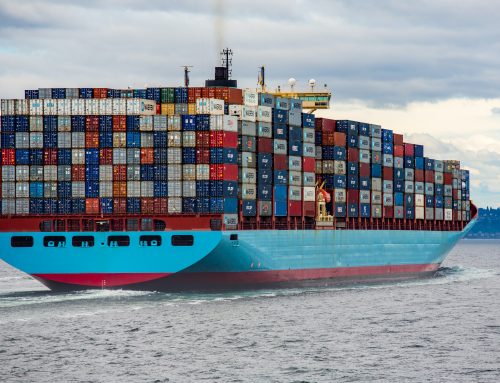Let’s face it: there is no shortage of necessary information that you as a US importer would do well to absorb if you want to be effective and operate without hassle. A comprehensive internal audit can do wonders to help identify risk areas and lay the groundwork for a strong customs compliance plan. As long as tariffs have been collected on imported goods, the US government has ensured that importers pay what they owe, without exception. It’s up to you to exercise reasonable care when importing goods to the US. Customs and Border Protection (CBP) expect all importers to be aware of their responsibility and to conduct their affairs accordingly. But even though wading into the world of customs compliance may seem overwhelming and even intimidating, there are a relatively small number of areas that form an importer’s necessary knowledgebase as outlined in the CBP Informed Compliance Manual, aka Reasonable Care.
Before you even begin, ensure that you have the legal right to import merchandise that is protected by trademark or copyright.
Other than that, here are some brief highlights of the manual most significant to you as an importer:
Transactions
- Use internal or external experts
- Review all customs documents
- Make sure that transactions across ports and different modes of transport are consistent
- In the case of errors, make the appropriate adjustments or prior disclosures
Harmonized Tariff Classification & Merchandise Description
- Make sure you possess extensive knowledge of the products you’re importing: country of origin, composition, etc.
- Create descriptions of your merchandise that adhere to the most up-to-date regulations
- Make sure you’re providing the right tariff classification for the goods you’re importing
- Verify that your goods are eligible for any applicable duty-free status
Valuation
- Create procedures to ensure the accuracy of your declared transaction value
- Declare assists, commissions, royalties, etc., as applicable
Country of Origin, Marking, & Quota
- Put stable procedures in place to ensure the country of origin is declared correctly
- Mark all articles with the country of origin and manufacturer
- Establish protocols to make sure all necessary documentation is given
Without a strong understanding of your importer responsibilities, it’s difficult to comply with all necessary CPB criteria and you may be at a risk for various penalties, such as losing your import privileges. It’s always best to be prepared just in case customs comes around with any questions for you. At Clearit USA, our customs broker experts know what “better safe than sorry” really means, because we understand what’s at stake when it comes to clearing your imports. Got questions about Reasonable Care and how it pertains to your business? Get in touch today and we’ll help you clear it up!



